Nortel to provide London Olympic networks
Thanks much to its two decade relationship with BT, Nortel wins an exciting contract to provide network equipment for the London Olympic Games.
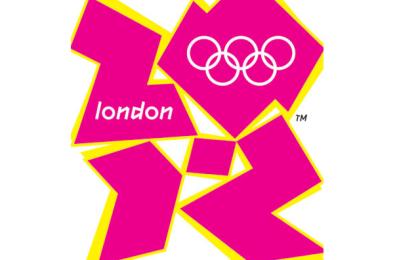
Nortel has been selected to supply the network infrastructure for the 2012 Olympic Games in London.
The telecom company will be responsible for providing BT with equipment for Wide Area Networks (WAN) and wireless Local Area Networks (LAN), as well as call centre and a fixed telephony infrastructure.
BT is already London 2012's communication services partner and the choice of Nortel builds on a long-standing relationship that the two telecom companies have had for more than two decades.
"Nortel has supplied network equipment to BT for many years enabling us to deliver communications services to some of our major corporate and government customers in the UK," said Patrick O'Connell, President of Delivery & Service Operations at BT Global Services.
Nortel will also receive exclusive marketing rights and usage rights to the London 2012 brand and will also be working on the Paralympic Games. Other companies involved in supplying technology to the Olympics include Atos Origin and Samsung.
Nortel also becomes London 2012's fourth sustainability partner with EDF Energy, BT and BP, with a remit to reduce environmental impact by reducing the carbon footprint of the products they supply.
President and chief executive of Nortel Mike Zafirovski said that by 2012, technology will have evolved to the extent that athletes and spectators would demand an immersive online environment.
Get the ITPro daily newsletter
Sign up today and you will receive a free copy of our Future Focus 2025 report - the leading guidance on AI, cybersecurity and other IT challenges as per 700+ senior executives
"The network infrastructure is fundamental to the Games and critical to the delivery of its communications services," he said.
-
 Why keeping track of AI assistants can be a tricky business
Why keeping track of AI assistants can be a tricky businessColumn Making the most of AI assistants means understanding what they can do – and what the workforce wants from them
By Stephen Pritchard
-
 Nvidia braces for a $5.5 billion hit as tariffs reach the semiconductor industry
Nvidia braces for a $5.5 billion hit as tariffs reach the semiconductor industryNews The chipmaker says its H20 chips need a special license as its share price plummets
By Bobby Hellard
-
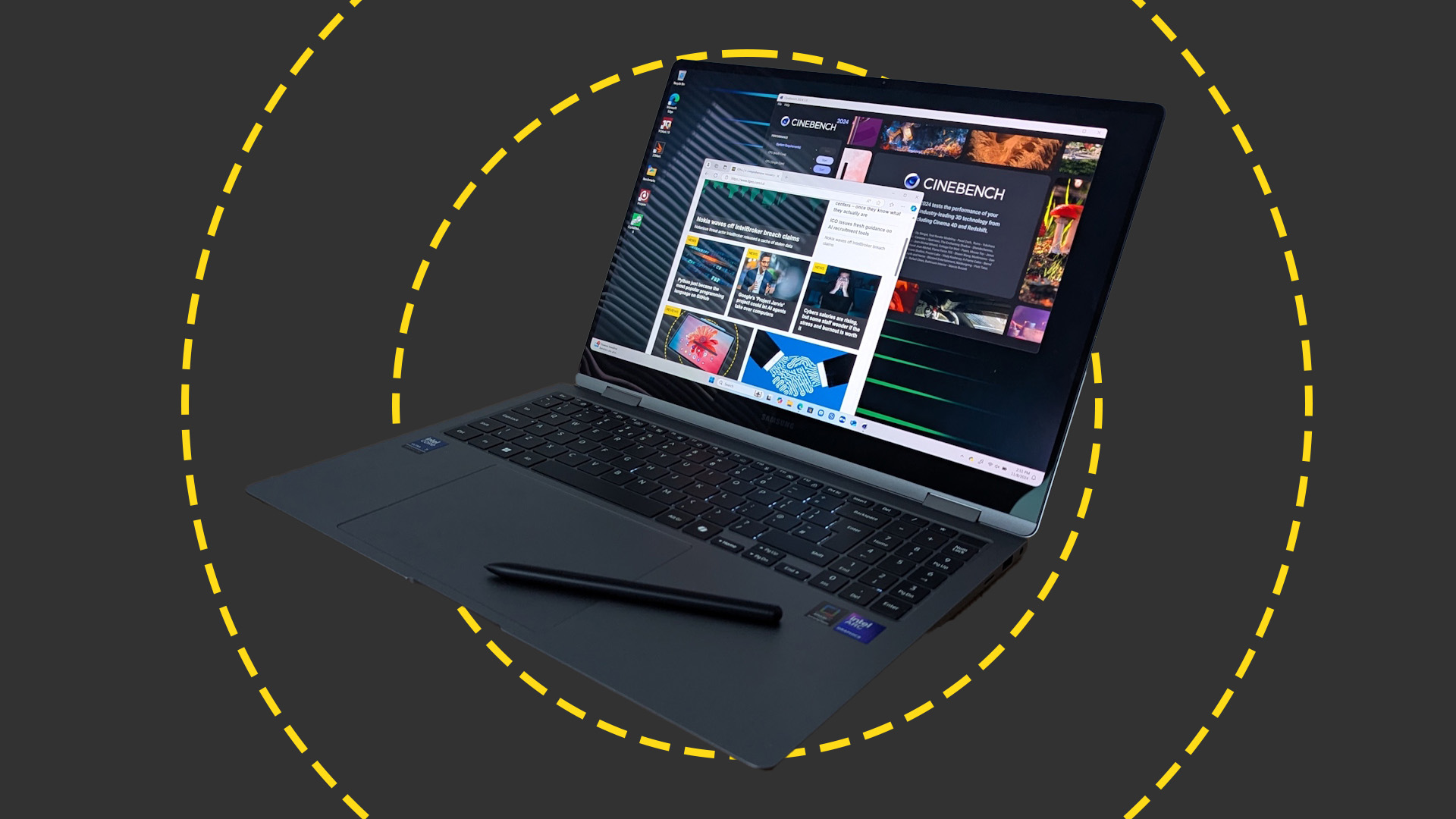 Samsung Galaxy Book 5 Pro 360 review: Almost the perfect big-screen laptop
Samsung Galaxy Book 5 Pro 360 review: Almost the perfect big-screen laptopReviews The Book 5 Pro 360 is a laptop you slowly get accustomed to, rather than one that feels right from the word go.
By Stuart Andrews
-
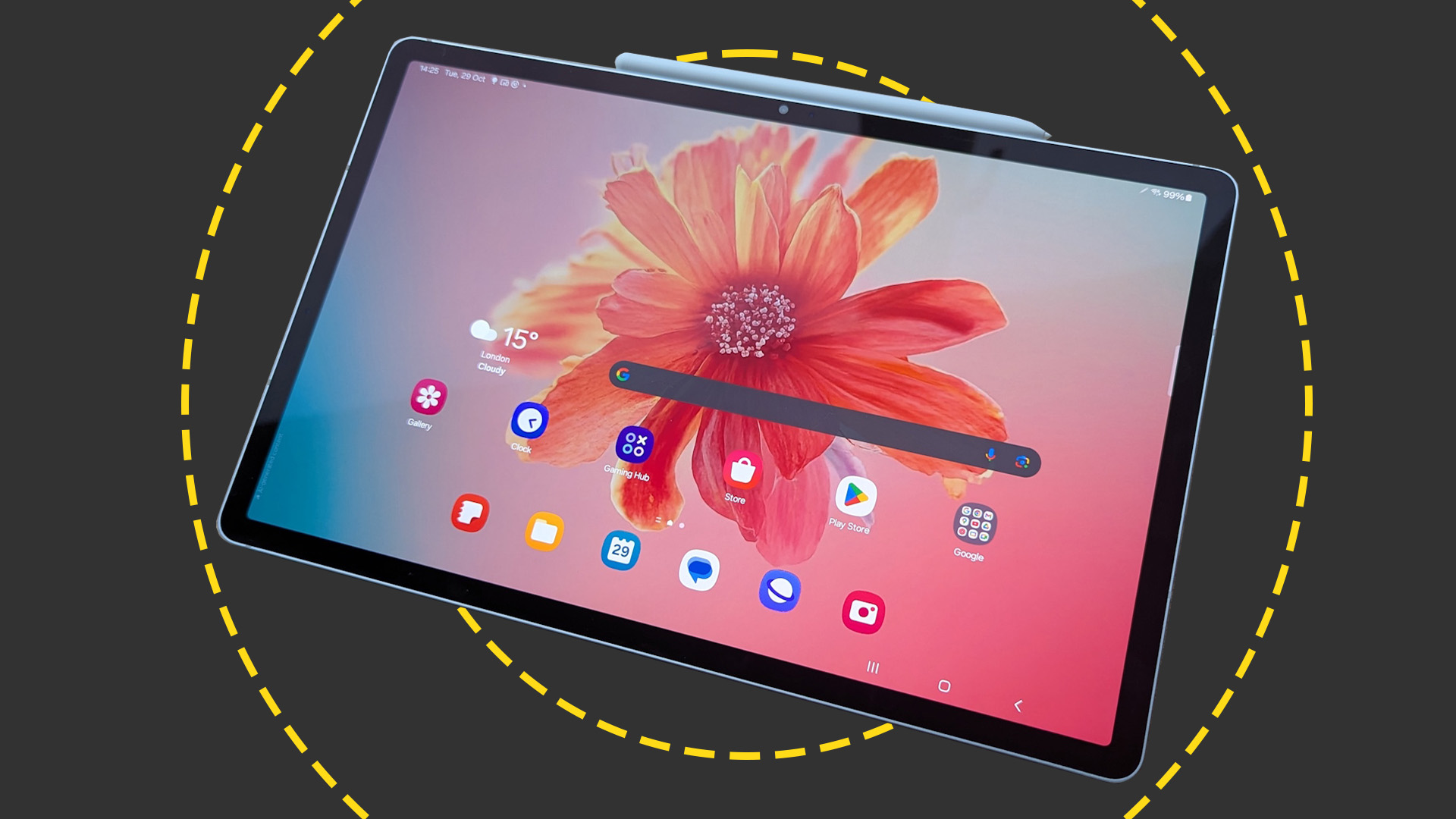 Samsung Galaxy Tab S10+ review: Possibly the best Android tablet for business
Samsung Galaxy Tab S10+ review: Possibly the best Android tablet for businessReviews With good performance, AI features and an exceptional screen, the Tab S10+ is the best Android tablet out there, if not quite the best tablet overall
By Stuart Andrews
-
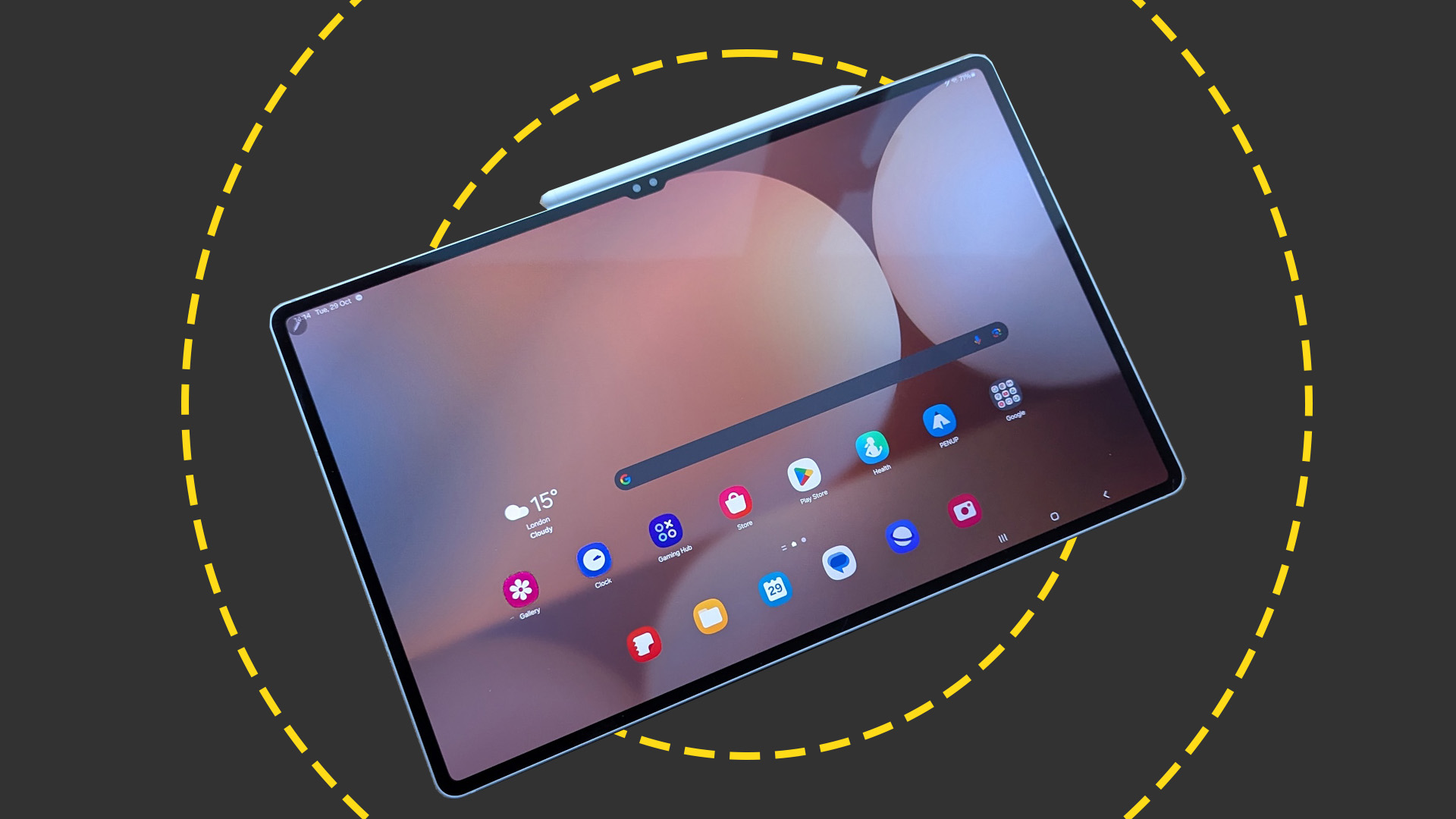 Samsung Galaxy Tab S10 Ultra review: Samsung's big-screen tablet is an AI-powered multitasking monster
Samsung Galaxy Tab S10 Ultra review: Samsung's big-screen tablet is an AI-powered multitasking monsterReviews The sheer size won't be for everyone, but the Tab S10 Ultra has the screen, performance, and multitasking prowess for serious work
By Stuart Andrews
-
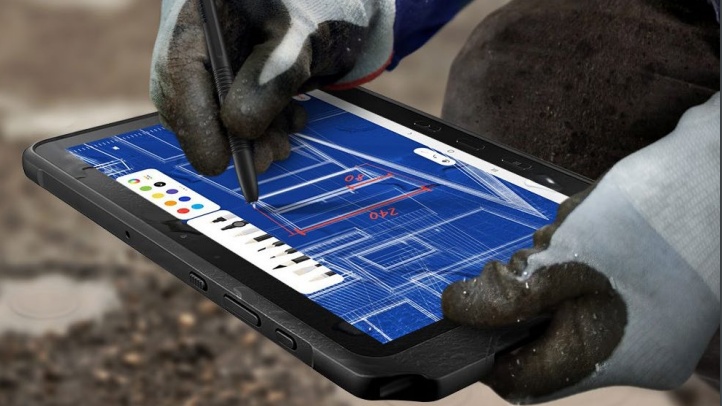 Rugged goes mainstream
Rugged goes mainstreamwhitepaper Why every business needs rugged devices to get the job done
By ITPro
-
 Why tougher doesn’t need to mean harder
Why tougher doesn’t need to mean harderwhitepaper Bridging the rugged and consumer device divide
By ITPro
-
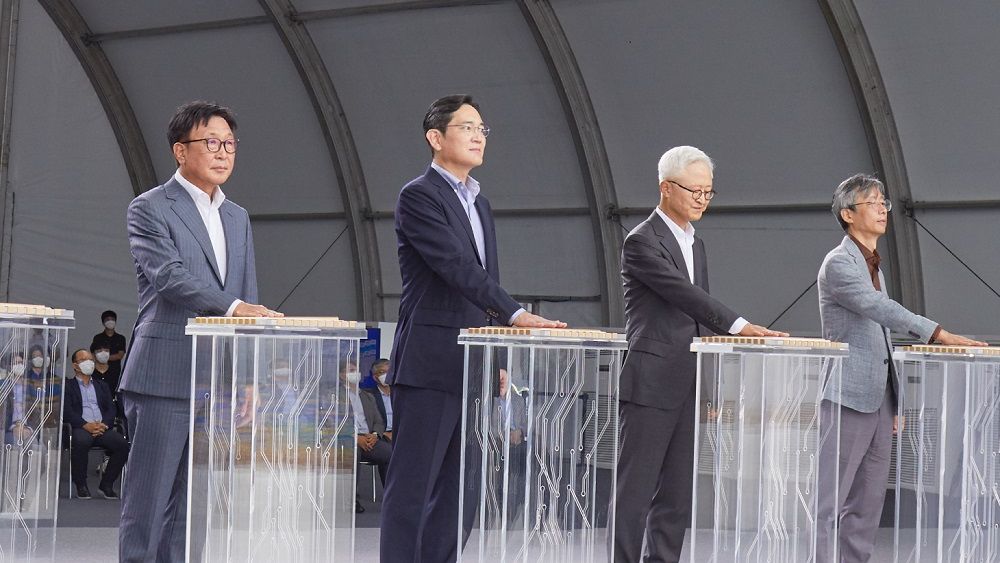 Samsung reveals plans for $15bn chip research center to break semiconductor scaling barriers
Samsung reveals plans for $15bn chip research center to break semiconductor scaling barriersNews The news follows the company's proposal in July to build 11 Texas semiconductor plants worth $191 billion
By Praharsha Anand
-
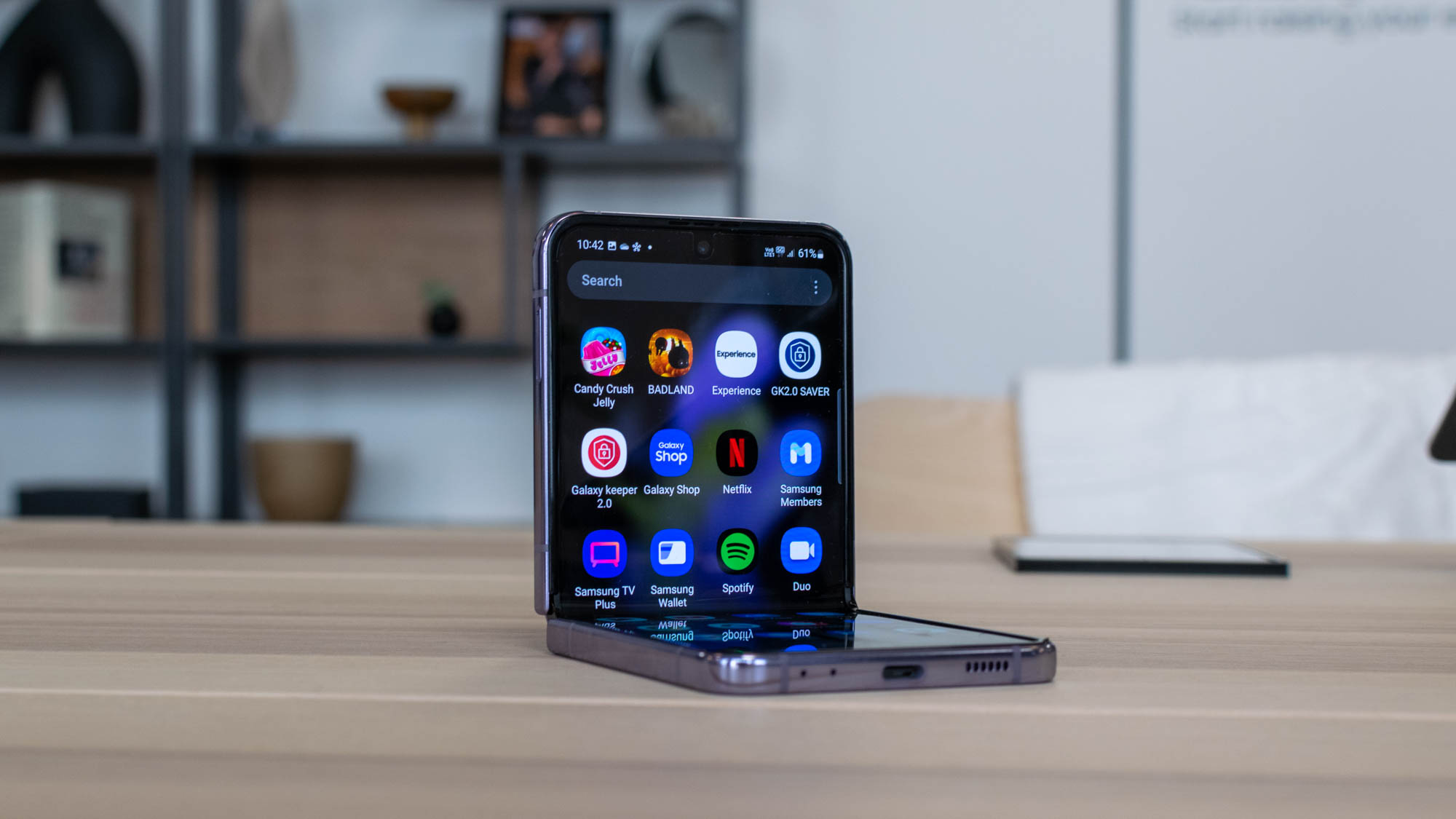 Samsung Galaxy Z Flip 4 hands-on review: A welcome (if minor) update
Samsung Galaxy Z Flip 4 hands-on review: A welcome (if minor) updateFirst look Samsung’s latest foldable is appealing, but does little to stand out from its predecessor
By Adam Shepherd
-
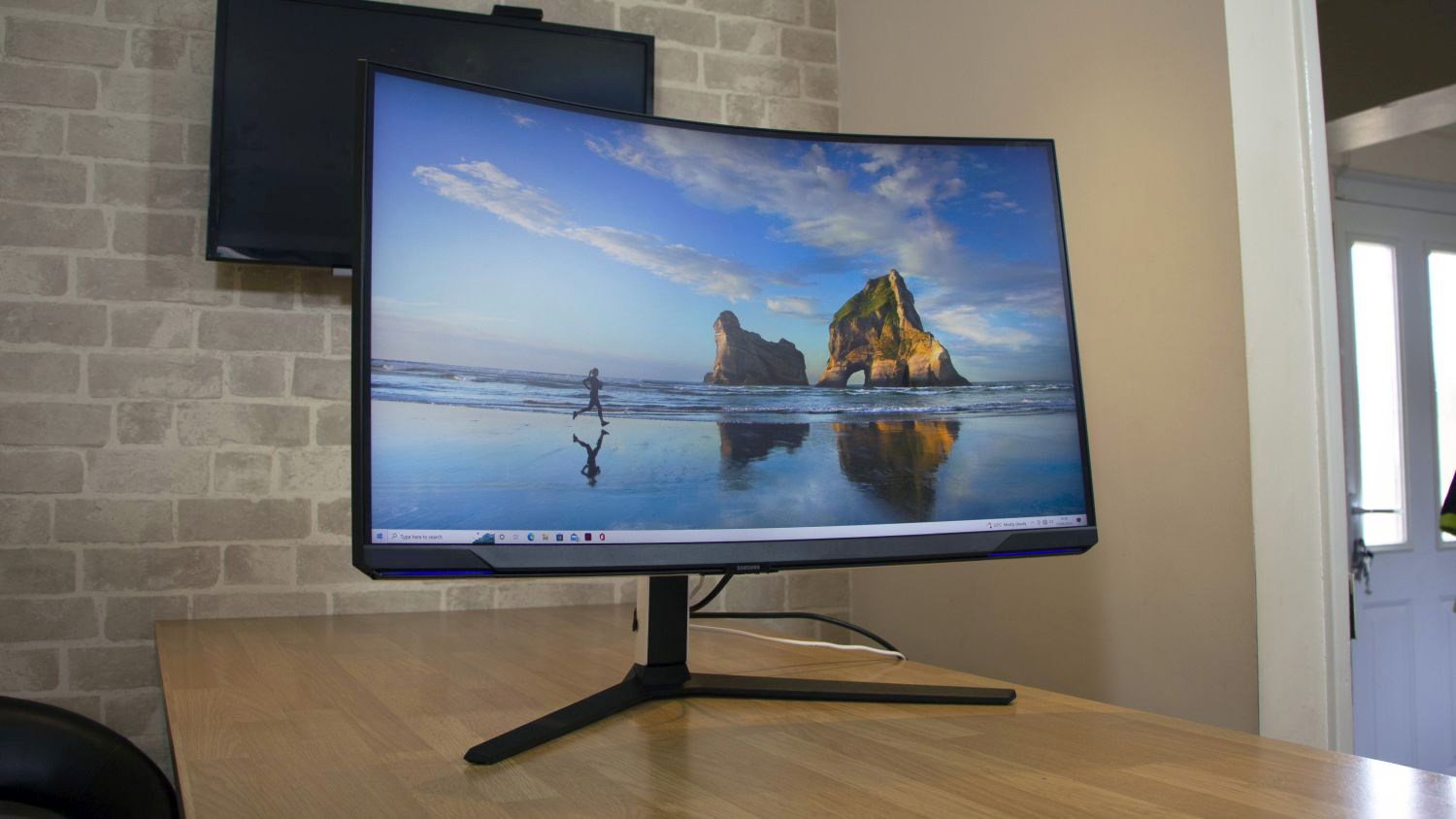
 Samsung Odyssey Neo G8 review: A groundbreaking display for work and play
Samsung Odyssey Neo G8 review: A groundbreaking display for work and playReviews The world’s first 4K/240Hz screen delivers sensational contrast and great colours, albeit for a high price
By Mike Jennings